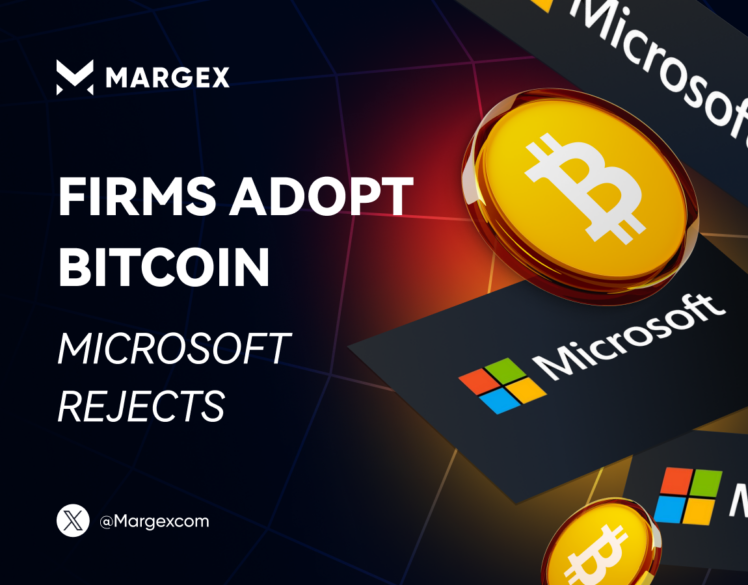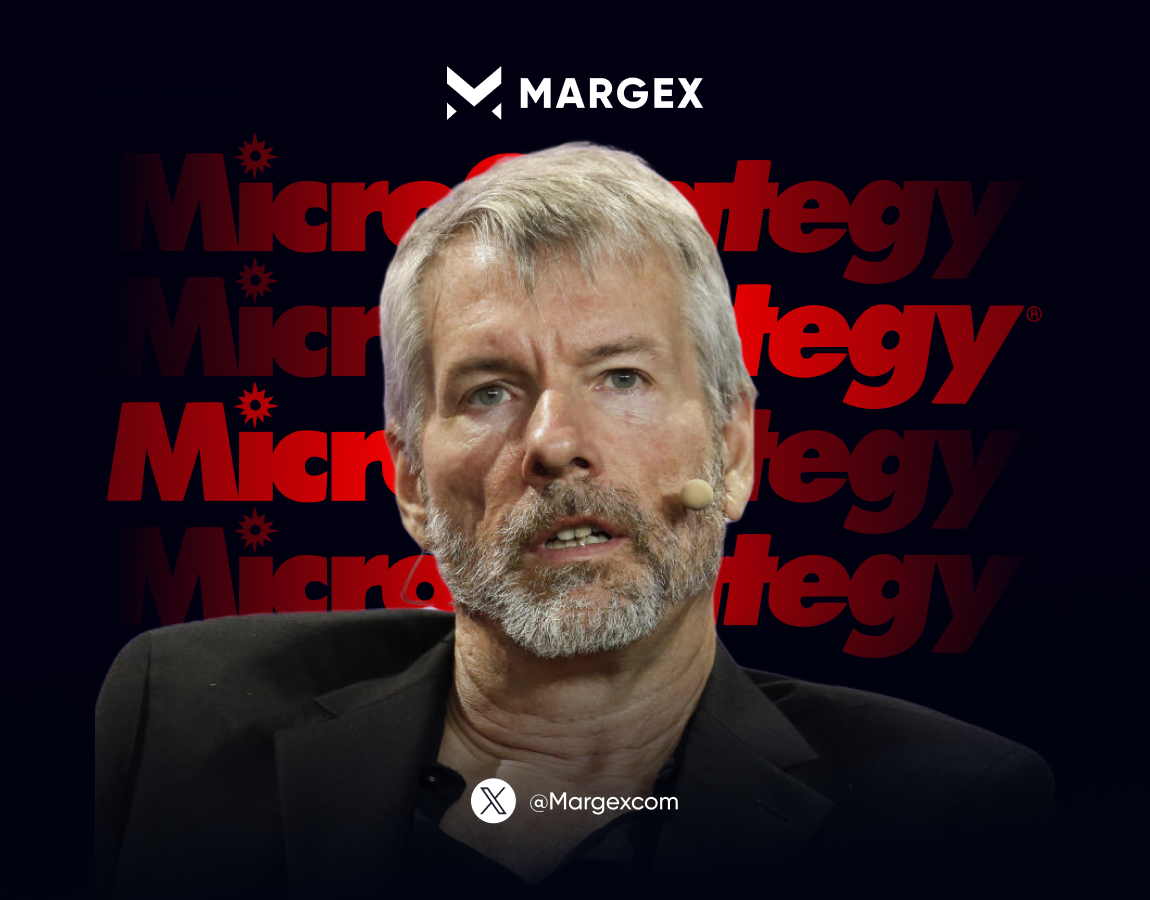
Following the trend set up by MicroStrategy which under the strategy adopted in 2020 thanks to its CEO at that time, Michael Saylor, got on the tracks of a Bitcoin strategy and began accumulating BTC, other companies recently have also begun to do that to form a strategic Bitcoin reserve.
Meanwhile, the software producing monopolist Microsoft has rejected this idea. Still, many in the crypto community believe that in the future the company may change its mind about Bitcoin radically, but the price for them to begin accumulating would be much higher than now.
These companies are MARA Holdings, Hut 8 Mining, and Riot Platforms. Elon Musk’s Tesla and SpaceX keep their Bitcoin holdings as well. MicroStrategy’s Saylor has even endorsed some of those firms in his recent X posts, highlighting their advance in adding more BTC to their strategic reserves.
MicroStrategy Lays the Bitcoin Strategy Path for Others

Business software producer MicroStrategy founded and led by first CEO and now the executive chairman Michael Saylor was the pioneer in the sphere of corporate Bitcoin adoption. Since beginning its strategy of Bitcoin acquisition in 2020, the company has already acquired 423,650 Bitcoin worth approximately $41.5 billion.
That is 2% of the Bitcoin supply that will ever exist – 21 million coins. This strategy emerged as a result of Saylor’s conviction that BTC is a store of value that is superior to fiat currencies and gold. MicroStrategy first used surplus cash on its balance to buy Bitcoin but during the last couple of years it has begun to issue convertible senior notes to raise billions of dollars for funding its further BTC purchases.
Saylor’s company continues to accumulate Bitcoin frequently, no matter price fluctuations and the instability of the crypto market, underscoring its long-term plans for holding Bitcoin as its potential keeps growing.
Michael Saylor considers Bitcoin digital gold which can in a unique way protect corporate cash reserves against the rising inflation and economic uncertainty. This strategy has converted MicroStrategy from a conventional business intelligence maker into a unique hybrid of tech and Bitcoin investment venture. Many supporters hail Saylor and his Bitcoin strategy as visionary, while critics warn that there are many high risks in relying on such a volatile asset as Bitcoin.
Companies on the “Bitcoin Standard”

MARA Holdings’ business is the creation of solutions that convert unused energy into applications which use that energy to support blockchain operations, as well as other economic activities to increase sustainability and efficiency.
As of late, MARA has been actively expanding its Bitcoin stockpile. In November, the company bought 703 BTC after acquiring 5,771 BTC. Overall, last month, they purchased 6,474 Bitcoin.
As of December, MARA holds 34,794 BTC in total, which is equal to roughly $3.3 billion. These most recent Bitcoin purchases were conducted by raising additional funding from shareholders who bought the company’s convertible senior notes, following MicroStrategy’s example.
Hut 8 Mining is a Canadian firm that makes profits by mining Bitcoin. Recently, they have adopted a similar strategy to MARA and announced $250 million stock repurchase along with a share sale program. The proceeds from it will be used to help the company grow and its business expand, as well as to add some Bitcoin into its reserves.
Another major player in the BTC mining industry that has joined the Bitcoin Standard is Riot Platforms. Riot has also completed a $525 million offering of senior notes to investors and intends to use proceeds to buy digital gold, as Bitcoin is often referred to, and also to fund operations related to BTC. Before conducting that fundraise, the company acquired 705 Bitcoin for $68.45 million.
Riot now holds approximately 12,000 Bitcoins in its stash worth roughly $1.2 billion.
Microsoft Shareholders Reject Bitcoin
Recently, it became known that Microsoft had a special meeting where its shareholders voted on whether the company should allocate part of its cash reserves into Bitcoin. This proposal came from the National Center for Public Policy Research (NCPPR). This organization debated that Microsoft could have substantial benefits by embracing Bitcoin and diversifying its assets should it buy BTC. That suggestion was supported by the argument that financial institutions in the US continue to adopt BTC, allocating part of their portfolios in it.
The suggestion was that Microsoft would invest from 1% to 5% of its cash reserves in digital gold, giving MicroStrategy’s success with its Bitcoin investments as an example worth following.
However, shareholders rejected this proposal for the reason that the company already can manage its treasury and risks well enough using other sophisticated strategies.


